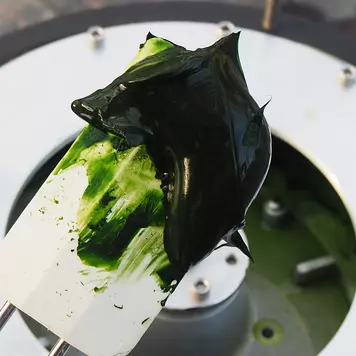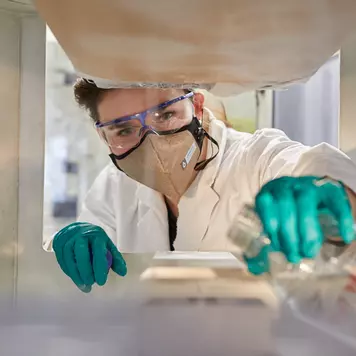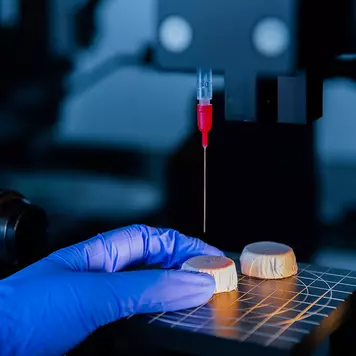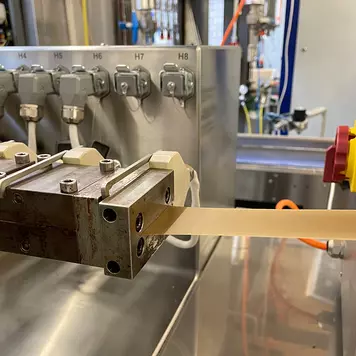Biomat-Conference
Integrated Bio-based Materials Value Chains | Processes – Materials – Applications
General information and registration
- Wednesday, 5th & Thursday, 6th October 2022 (registration deadline: 26.9.2022)
- Venue: Kulturhalle Glärnisch, Glärnischstrasse 3, 8820 Wädenswil
- Costs : CHF 100; free of charge for Biomat members
- Programme flyer: «Biomat-Conference»(PDF 403,1 KB)
- Contact: gabriel.maeder@zhaw.ch
After the registration, you will receive - with the appropriate payment method - the invoice. In addition, after the registration deadline, all registered people will receive an e-mail message with all relevant organizational information.
Content, Goal
The depletion of oil reserves, climate change, and significant negative impact on the environment and dependency on politically unstable regions are all drivers for seeking alternatives to fossil-based resources. The bio economy encompasses the production of renewable biological resources and the conversion of these resources, residues, by-products and side streams into value added products, such as food, feed, bio-based products, services and bioenergy. It aims to use ‘green’ materials instead of fossil-based materials to generate bio-based products.
BIOMAT conference takes place from 05 to 06 October 2022 in Wädenswil, Switzerland, and is organized by the Zurich University of Applied Science. The BIOMAT conference will focus on the development of new biomaterials, processing technologies and application of biomaterials.
One of the key missions of this conference is to present the latest developments and discuss the potential application of biomaterials to replace the fossil based ones.
5th October Speakers – Process and Material
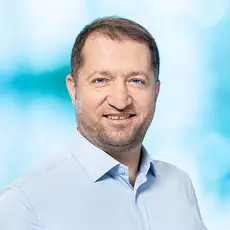
Biomat Research Project
Selçuk Yildirim is Professor and head of the Research Group Food Packaging at the Institute of Food and Beverage Innovation (ILGI) at the Zurich University of Applied Sciences ZHAW. The group researches and develops innovative and sustainable packaging solutions for food applications.
Prof. Dr. Selçuk Yildirim, ZHAW ILGI

A competitive bioeconomy for a sustainable future
Mike is a Chemical Engineer with over 30 years of international experience with the Dow Chemical Company as a technology and business development leader. Mike has considerable experience in initiating and directing complex business development programs, including the establishment of Natureworks, a joint venture company producing thermoplastics and chemicals from annually renewable resources. He is an experienced project evaluator and monitor for the European Commission's FP7 and H2020 Programs and the Bio-based Industries Joint Undertaking. Mike is also a guest lecturer at the ZHAW and a “founding father” of the Building the Business Case for Innovation (BBCI) Master’s Course.
Michael Cook, B.Sc. Hons (First Class), C.Eng., M.I.Chem. E., Cook Business Consulting (Founder and CEO)
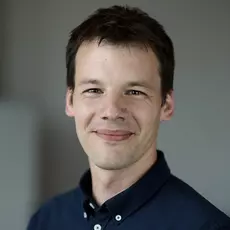
Bioplastic from algae – Prospects and challenges of a sustainable production of PHB
Dominik Refardt is a lecturer and head of the Research Group Aquaculture Systems at the Institute for Natural Resource Sciences (IUNR) at the Zurich University of Applied Sciences ZHAW. The group researches and develops sustainable solutions in aquaculture and microalgae cultivation.
Dr. Dominik Refardt, ZHAW
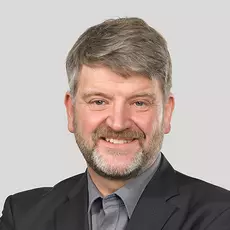
Recent developments in tailoring material properties of PHA
Manfred Zinn studied Biotechnology at ETH Zurich, where he also received his PhD in the research group of Prof. Bernard Witholt studying polyhydroxyalkanoate (PHA) biosynthesis. After 3 years as postdoc in U.S.A. he joined Eawag as a Postdoc and in 2002 became a group leader at Empa developing PHAs for medical applications. Since 2011 he is Professor and Head of the Biotechnology and Sustainable Chemistry research group at the University of Applied Sciences and Arts Western Switzerland (HES-SO Valais-Wallis) in Sion, where he focused his research on designing bioprocesses using sustainable and waste substrates (e.g., syngas and CO2, as well as molasses), scale up of bioprocesses from micro- to pilot scale (300 L) using process analytical technology and processing of PHAs for medical (e.g., drug delivery by nano- and micro-capsules) and industrial applications (e.g., packaging and surface functionalization and 3D printing).
Prof. Dr. Manfred Zinn, University of Applied Sciences and Arts Western Switzerland (HES-SO Valais-Wallis), School of Engineering, Institute of Life Technologies, Rue de l’Industrie 23, 1950 Sion
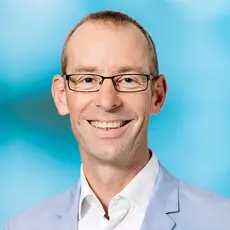
Processing Biomaterials into Thin Fibers and their Applications
Christian Adlhart studied chemistry at ETH Zurich. After several years in the fine chemicals chemistry, he joined ZHAW where he is heading the Center for Functional Materials and Nanotechnology. Thin fibers, their characterization and application are his main research interests.
Prof. Dr. Christian Adlhart, ZHAW
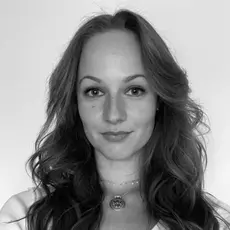
Life Cycle Assessment of Cyanobacteria cultivated on a thin-layer Photobioreactor
BSc in Animal Management, Van Hall Larenstein University, NL (2020); MSc in Environment and Natural Resources, ZHAW, Switzerland (2022); Research assistant in research unit Life Cycle Assessment at ZHAW, since 2021.
Alena Frehner, ZHAW IUNR
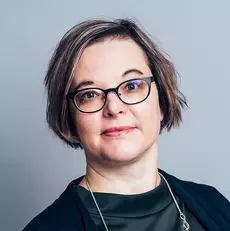
Opportunities for bio-based material future products
Katariina Torvinen, D.Sc. (Tech.), has over 20 years of experience on the development of fibre based manufacturing technologies for novel materials and products. Her main research background is related to foam forming technology, nanocellulose applications, composites and hybrid electronics for bio-based materials. She has finalized her Doctoral Thesis in 2017 with topic of a manufacturing of nanocellulose based composite films for printed electronics applications.
Currently she works as a Research Manager at VTT in Biomass processing and products research area and her responsibilities include developing relevant research strategies and portfolios in that area with extensive interest of circular bio-economy and resource efficiency. She is active member in many relevant EU, worldwide and Finnish bioeconomy networks, among others Circular Biobased Europe Partnership, Processes for Planet Partnership, OECD Bio-Nano-and Converting Working Party, EPNOE, ExpandFibre Ecosystem, FinnCERES Bioeconomy Materials Flagship and CLIC’s Innovation Bioeconomy working group.
Katariina Torvinen, Research Manager, VTT Technical Research Centre of Finland Ltd
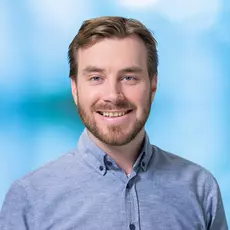
Unlocking the full potential of lignocellulose for biochemicals and -materials production by using carbocation scavengers in biomass pretreatment
Thomas Pielhop holds a master degree in Chemical Engineering from TU Munich (2009) and obtained a PhD in Process Engineering from ETH Zurich (2015). In his PhD studies he pioneered a novel biorefinery concept for the enhanced valorisation of both cellulose and lignin, which is based on the prevention of lignin repolymerisation in lignocellulosic biomass pretreatment. In the past five years he was working as a Process Development Chemist and Laboratory Head at Givaudan SA, where he developed production processes for novel bio-derived cosmetic and fragrance ingredients (e.g. BisaboLife™, PrimalHyal™ Ultrafiller, Unimer U-151) up to the 10 ton scale. He recently founded the new Research Group for Biobased Resources at ZHAW.
Dr. Thomas Pielhop, ZHAW ICBT
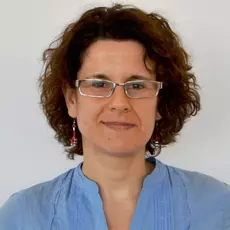
Photobiorefineries towards the creation of added-value from urban waste
Patricia Zamora (female) works as a senior project manager at the Innovation and Technology of FCC Aqualia. She holds a Bachelor`s degree in Chemical Engineering from the University of Granada (Spain) (2005) and got her PhD on Analytical Chemistry from the University of Alcalá (Madrid, Spain) in 2012. She holds broad experience in leadership of EU projects on wastewater treatment, water reuse and desalination in private water companies.
PhD. Patricia Zamora, AQUALIA, Department of Innovation and Technology, Avenida Camino de Santiago, 40, 28050, Madrid
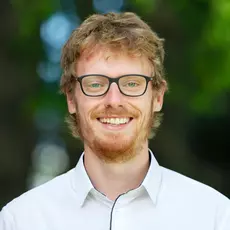
Biorefineries: the source of our future biomaterials
Philip B. V. Scholten holds a PhD in chemistry and has more than five years of experience in the research and development of renewable and sustainable polymers and chemicals. At Bloom Biorenewables he is currently the Team Leader of the Biomaterials section where he and his team develop sustainable biomaterials of the future.
Philip Scholten, Bloom Biorenewables SA, Route de l’Ancienne Papeterie 106, 1723 Marly
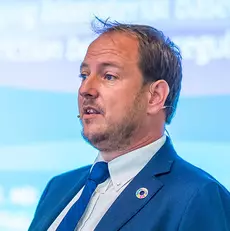
History and perspectives of Polymers as biomedical materials
Jens Thies received his PhD from Heriot Watt University in Edinburgh in 1998. Subsequently he undertook a post-doctoral position at DSM Research in the field of Molecular machines. In 2000, he worked in David Tirrell’s groups at Caltech as a post-doctoral researcher, investigating recombinant protein engineering. He then joined DSM Performance Materials Research and initiated the functional coating platform known today as DSM Advanced Solar. Jens is inventor of some 45 patent families and has successfully developed products in several DSM businesses including: Functional Materials, Solar, Medical Coatings and Drug Delivery. He is currently the lead scientist within DSM Biomedical as Senior Science Fellow. Jens also holds an Executive Masters in Business Innovation from TIAS Business School.
Jens Thies PhD, MBI, DSM Biomedical
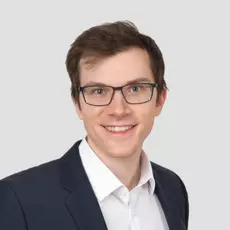
Condensed tannins from forest biomass: bio-based molecules for polymer and adhesive application
Chemist - background in pharmaceutical/organic chemistry and chemical engineering. Currently working as Scientific Collaborator at the Department of Architecture, Wood and Civil Engineering of the BFH, incl. the area of Knowledge & Technology Transfer.
Christopher Holmes, Bern University of Applied Sciences / Berner Fachhochschule
6th of October Speakers – Application
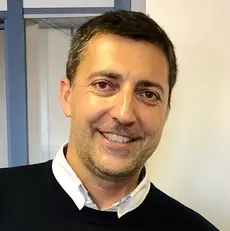
Organic Recyclable Packaging: H2020 YPACK and USABLE PACKAGING European Projects
Jose M Lagaron holds a Degree in Chemistry and a PhD in Polymer Physics. He worked for some years as Research Associate at DSM Research in The Netherlands and BP Chemicals in UK, on the development of new packaging materials. He has published 337 peer reviewed papers and several books and book chapters, has an h-index of 66 and is inventor in 67 patents. He has founded several tech companies such as Nanobiomatters SL and Bioinicia SL, and is Coordinator of the H2020 YPACK and USABLE Packaging EU Projects.
Prof. Dr. Jose M. Lagaron, Group Leader of the Novel Materials and Nanotechnology Group at IATA-CSIC, Valencia, Spain
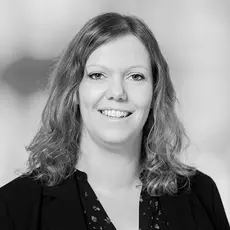
Use of side streams of food and agricultural industry for the production of packaging material
Susanna Miescher works a research associate at the ZHAW at the Institute for Food & Beverage Innovation in the Research Group for Food Packaging in Wädenswil. She graduated with a Master's degree in Food Science at ETH Zurich. Since 2012, she has been working as a research associate in the Center for Food Manufacturing and Packaging at the Institute for Food and Beverage Innovation at ZHAW. The focus of her current research activities is on the development of sustainable packaging systems and biomaterials for food applications. She regularly participates in national and international trade shows and conferences.
Susanna Miescher, ZHAW
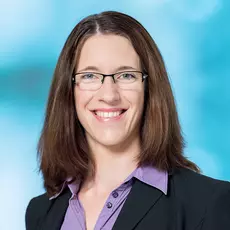
Use of side streams of food and agricultural industry for the production of packaging material
Nadine Rüegg graduated with a Master's degree in Food Processing from the University of Applied Sciences in Fulda (Germany) in 2010. For the past eleven years, she has been working as a research associate in the Center for Food Manufacturing and Packaging at the Institute for Food and Beverage Innovation at the Zurich University of Applied Sciences. The focus of her current research activities is the development of biomaterials and active packaging technologies. She is co-author of several publications in this field and regularly participates in national and international trade shows and conferences.
Nadine Rüegg, ZHAW
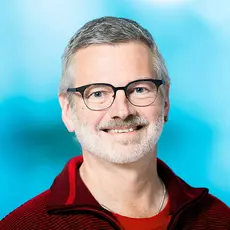
End-of-life Options for Bioplastics – The dichotomy between biodegradability and renewable resources
After studying biotechnology and completing his doctorate at the ETH in Zurich, U. Baier worked for 9 years in engineering for wastewater and sludge treatment plants. In 1994 he moved to the ZHAW as a lecturer, where he headed the Environmental Biotechnology Unit until 2021, which focuses on water and waste treatment, bioenergy, biomass valorization and resource management.
Prof. Dr. Urs Baier, Biomasse Suisse
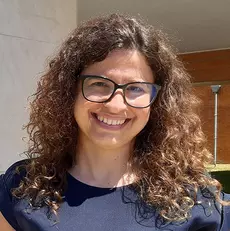
Circularity of potato chips byproducts in the development of bioplastic packaging
Dr. Idalina Gonçalves is a Junior Researcher at CICECO - Aveiro Institute of Materials, working on the Materials and Ceramic Engineering Department of University of Aveiro (Portugal). Since 2015, she has been a proactive researcher focused on the development of agrifood byproducts-derived bioplastics using technologies compatible with plastic processing such as solvent casting, melt-mixing, extrusion, injection molding, hot-pressing, thermoforming, and 3D printing. Her research is being carried out at both lab and pilot scale in straight collaboration with agrifood and plastic industries. Recently Dr. Idalina Gonçalves was awarded with the 2021 FEMS Materials Science and Technology Prize.
Dr. Idalina Gonçalves, University of Aveiro (Portugal)
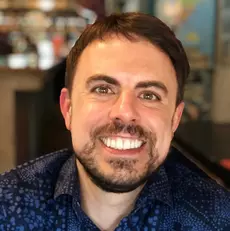
Cellulose nanofibers coating for food packaging applications
Dr. Gilberto Siqueira received his PhD in Materials Science at Grenoble Institute of Technology (Grenoble INP-PAGORA), France. Since 2013, Dr. Siqueira works as senior scientist at Empa Dübendorf. Dr. Siqueira has been working on the development of new methods and processes for the preparation of cellulose-based materials for applications as coating, specialty papers, polymer composites and inks/filaments for 3D printing.
His main research interests include advanced polymer composite materials from renewable resources with focus on cellulose nanomaterials. 3D printing, polymerization reactions, chemical functionalization of natural polymers, composite processing technologies and relationship between structure and mechanical behavior.
Dr. Gilberto Siqueira, EMPA
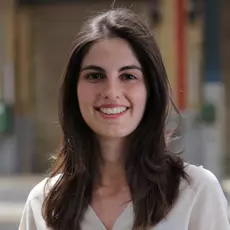
Revalorizing side-streams: challenges & opportunities in non-food applications
Cecille Cassar is a circular economy consultant at RethinkResource GmbH and has been managing innovation & upcycling projects for the past 2.5 years. She graduated with a Masters in Air Quality Control, Solid Waste and Waste Water Process Engineering from the University of Stuttgart in 2019.
Cecille Marie Cassar, RethinkResource GmbH
